 Your new post is loading...
 Your new post is loading...
Investments in digital innovation have the potential to greatly expand access to education, but creating new, high-quality, low-cost, and scalable learning platforms requires broad collaboration.
The interconnected relationships between education policy, practice, and the lived experiences of those in the Global South forms the core of episode six of CID's Road to GEM podcast series.
How do you conduct a cultural fit assessment and help your organization choose the best candidate for the job? Check out these 7 steps!
Education authorities remain insistent that the National Assessment Program – Literacy an
UN Deputy Secretary-General Amina J. Mohammed has called for a transformation in education as she addressed a EU high-level education event.
УНН Society ✎ Ukraine will introduce specialized secondary education in 2027, with pilot projects starting in 2025 in 25 selected schools to
prepare for the reform,…
Biškek has announced the activation of a project entitled 'Contemporary Teacher' and implemented in cooperation with the international NGOs of the Teach for All network. The project will start in the Čuj region, the northernmost and most backward in the country, betting on creativity.
This week is the 30th anniversary of the Salamanca Declaration, a seminal moment in global education policy that defined the concept of inclusive education.
The time has come for UK schools to be more open to recruiting expat teachers wishing to return home - and the government could help, says a former international school principal
New research has scoured Reddit to glean teachers' attitudes towards staff wellbeing initiatives, revealing school cultures infested with 'toxic positivity' and programs that put the onus on individuals to make changes.
Nurturing intellectual virtues is fundamental to preparing students for success in the modern world.
Teachers will have the right to refuse to respond to emails or phone calls from colleagues
|
A string of academics have come out in force to warn against a push by the NSW Department of Education for explicit teaching across all schools.
Earlier this month, the New South Wales government announced it would roll out programs for gifte
Instructional coaching seems to be the next big thing in education; it is the latest craze to ride a wave of enthusiasm across our schools.
Brad Olsen and John McIntosh discuss how teacher agency and support can affect school and student outcomes.
If the ban on girls’ education in Afghanistan persists, consequences could include higher rates of abuse, the spread of extremism and billions of dollars in economic loss.
Issues with school leadership is the number one factor pushing teachers out of the profession, an Australian-first study has found.
The fourth annual meeting of the Global Education Coalition took place on 25 March in Paris. We asked Borhene Chakroun, Director of Policies and Lifelong Learning Systems Division at UNESCO, to share his reflections.
The problem is, it’s more rewarding to be wrong
For the past year, a Senate inquiry has been looking at “increasing disruption in Australian school classrooms”.
How can teachers renew students' interest in science and math? Author Christopher Emdin explains in his new book "STEM, STEAM, Make, Dream: Reimagining the Culture of Science, Technology, Engineering, and Mathematics."
Zaineb Mahdi, Assistant Headteacher GEMS Wellington International School and Wellington Director of Innovation and Digital Technology, GEMS Education discusses key trends in the UAE that are shaping the future of innovation in education Innovation within educational settings has consistently transcended mere technological progress, reflecting a culture of curiosity, exploration and a readiness to challenge traditional
Australian schools are at risk of falling for an increasingly popular method of maths teaching that lacks a credible evidence base and is rooted in ineffective discovery learning, a prominent school leader has warned.
|

 Your new post is loading...
Your new post is loading...
 Your new post is loading...
Your new post is loading...




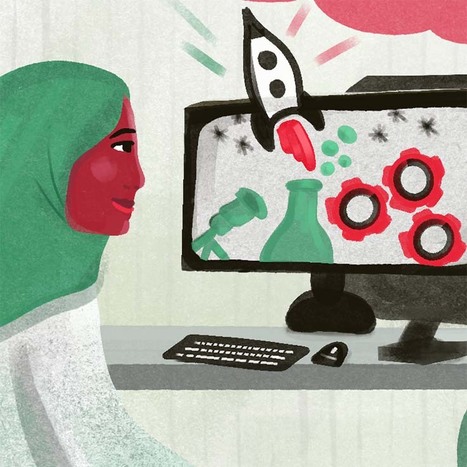
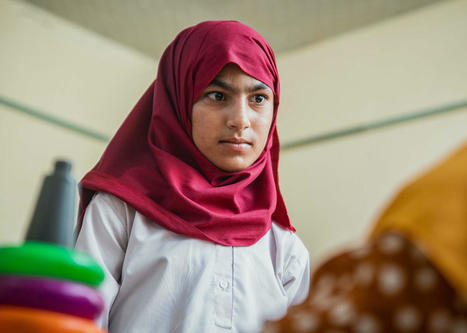
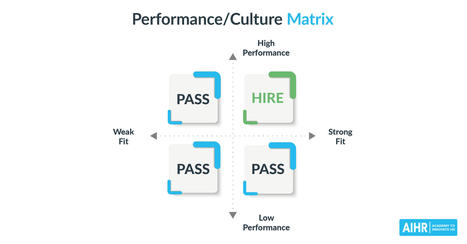

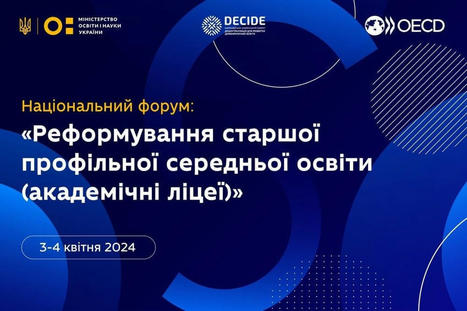

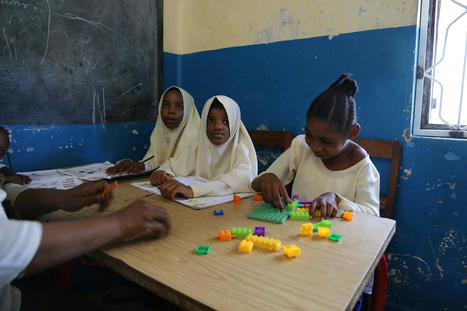


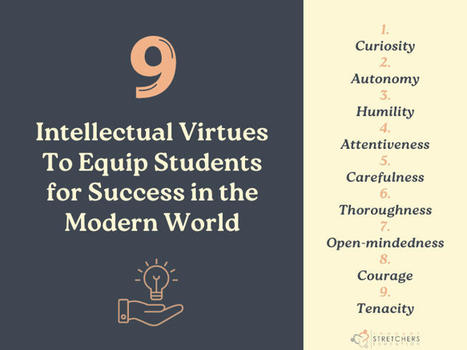
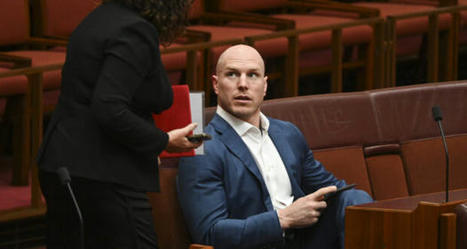




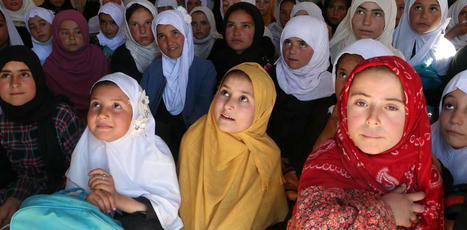

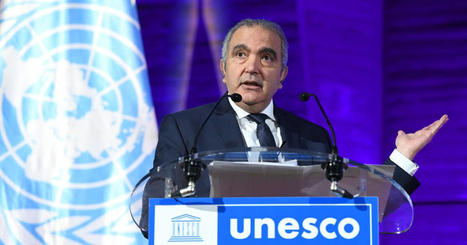

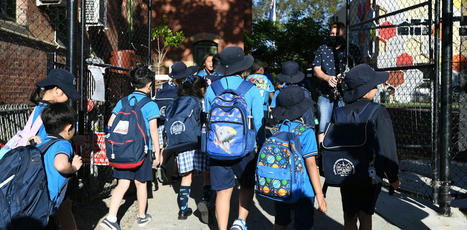
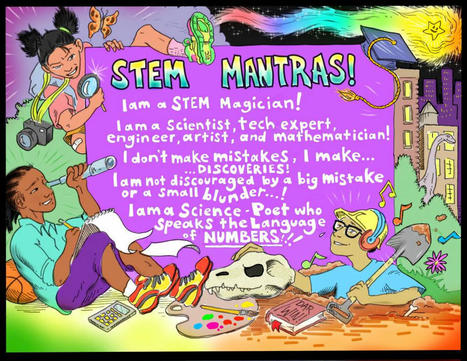







This is more than just about the Indian education system as an example of a context. As mentioned in previous posts the next phase of education transformation will include AI and VR. I am not sure I would agree that as yet it has revolutionised education but certainly the applications in education are moving at an exponential rate. At one level AI can assist with administrative tasks but most significantly in helping teachers (and students) in areas like identification (e.g. dyslexia) and intervention strategies; in adaptive learning and assessment; providing grading and monitoring data and analyses; and in customising online and blended learning approaches. Education systems, schools and educators must be open to learning more about and embracing these transformative technology applications as they rapidly evolve and are deployed.